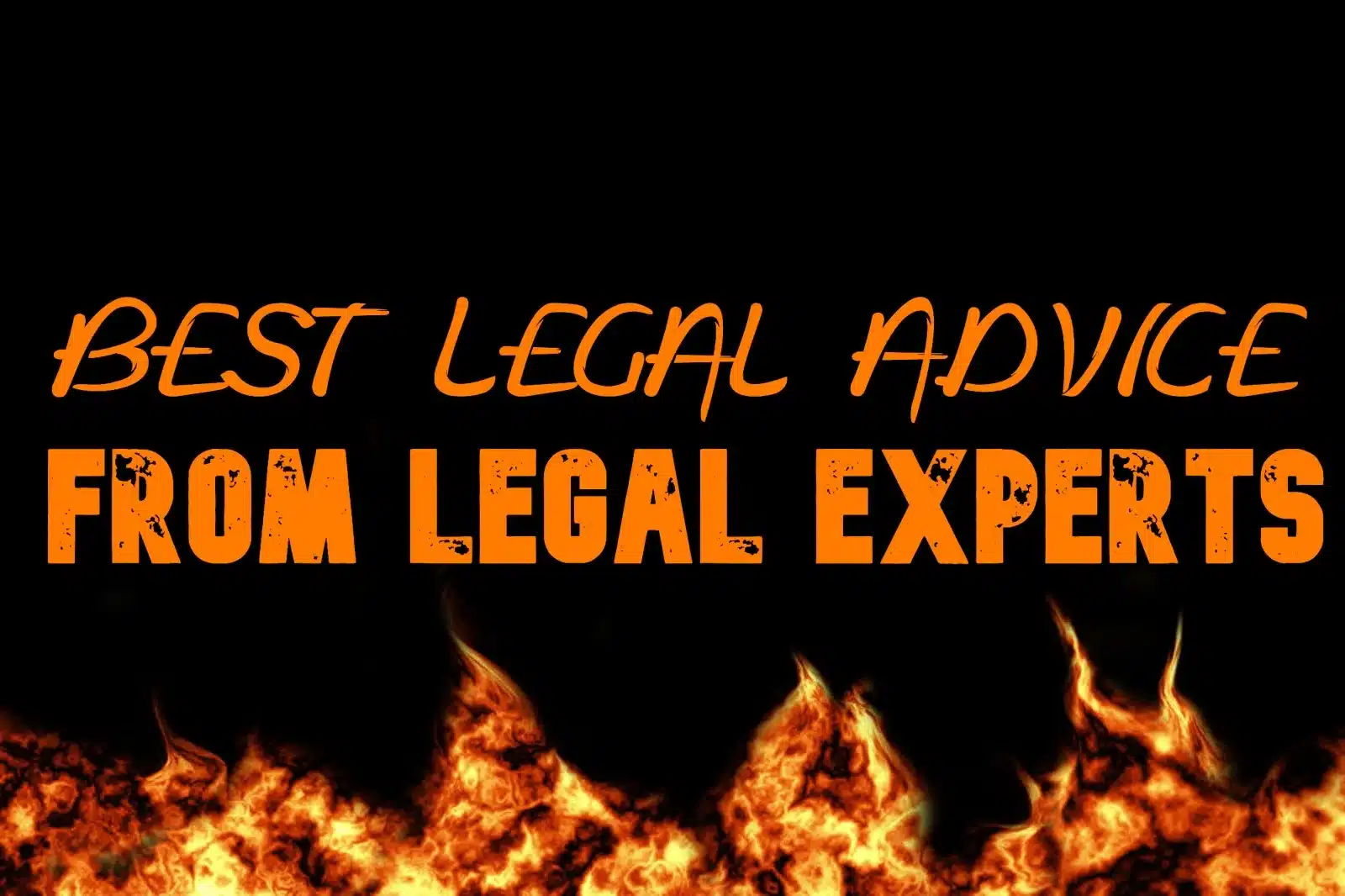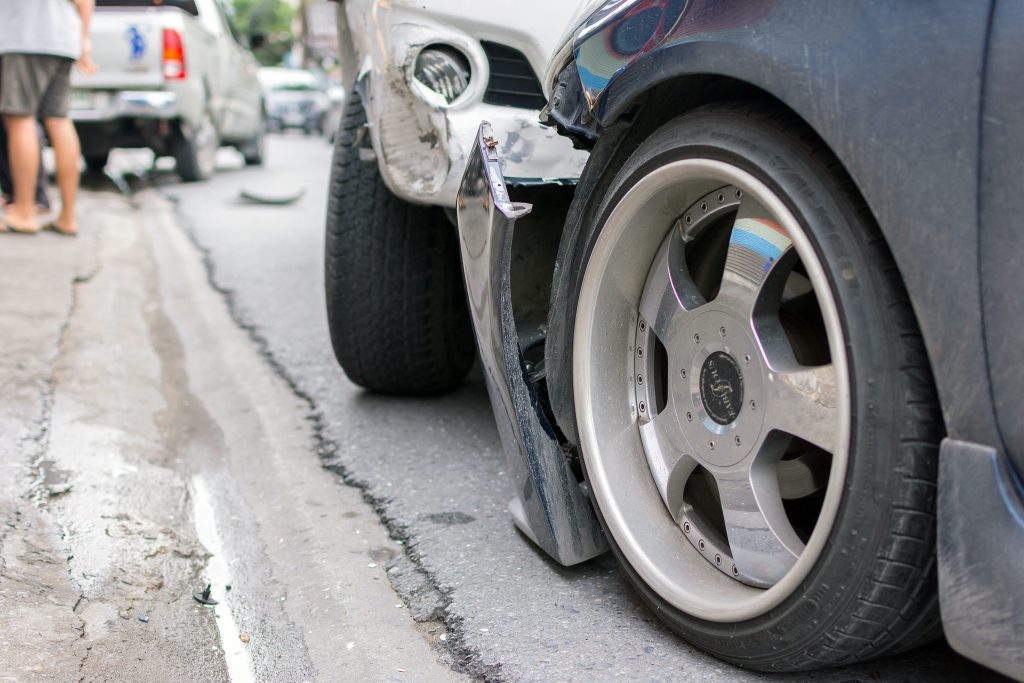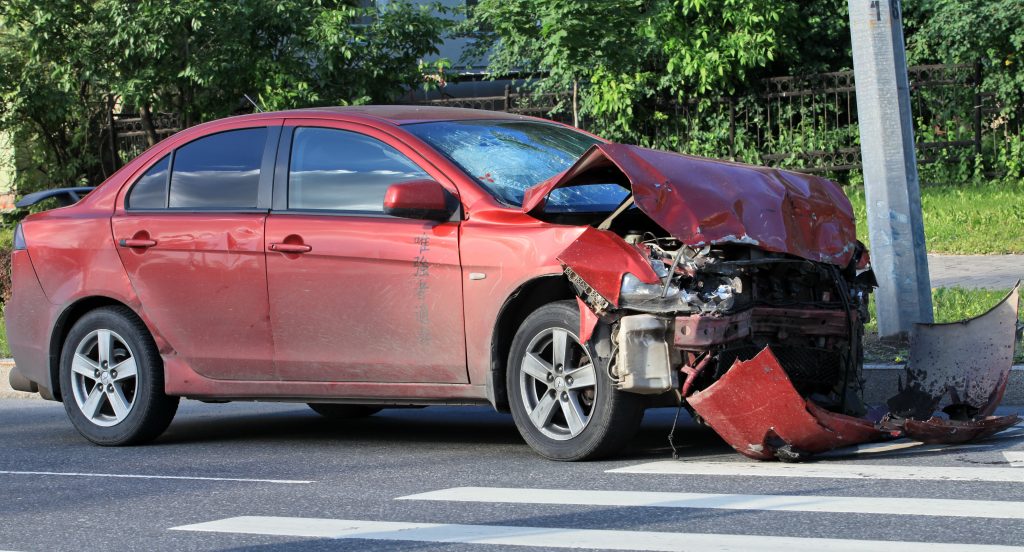What Is the Best Car Accident Legal Advice You Can Get?
Car accidents happen in an instant, but the decisions you make in the moments and days afterward can affect your health, your finances, and your legal rights for years to come. Many people are overwhelmed and unsure of what to do, or who to trust, after a serious crash. That’s why getting the right legal advice early on is critical.
Whether you’re dealing with mounting medical bills, uncooperative insurance companies, or the stress of missing work, knowing what steps to take, and what mistakes to avoid, can make all the difference. The experienced personal injury attorneys at RTRLAW have guided thousands of accident victims throughout Florida and Texas, helping them understand their rights, protect their claims, and recover the compensation they deserve.
Here are some of the best pieces of car accident legal advice you can follow, with insights directly from RTRLAW’s attorneys.
1. Get Medical Attention Immediately
Even if you feel “fine,” some injuries, like concussions, spinal trauma, or internal bleeding, don’t show symptoms right away. Seeing a doctor creates not only a medical record of your injuries but also critical documentation for your claim.
“We’ve seen too many cases where people wait to get checked out, thinking the pain will go away,” says Attorney Shaun Serelson of RTRLAW. “The problem is, waiting gives the insurance company an opening to argue your injuries weren’t caused by the crash. Immediate medical care protects both your health and your case.”
Brennan Turner
RTLAW was incredibly helpful when I was there. Brian helped me review my case and provided amazing insight!
2. Call the Police and File a Report
A police report provides an official record of the accident, which is invaluable when proving fault or liability later. Without it, insurers may try to dispute your claim.
“When the police arrive make sure to stay calm and explain clearly how the accident occurred,” explains Attorney Daniel Hernandez. “Important things to mention are details as to how the other person cussed the accident, did the at fault driver admit fault, and to document any witnesses to the accident. The police report is one of the first things insurance adjusters and attorneys look at when building your case. Additionally, never admit fault and take pictures yourself if you can.”
3. Don’t Admit Fault or Guess About What Happened
After a crash, emotions run high. You may feel pressured to apologize or speculate about the cause. Don’t. Even simple statements like “I didn’t see them” can be twisted to assign fault against you. Instead, provide factual details only and let the evidence speak for itself.
“It’s human nature to say ‘I’m sorry,’ but in an accident, that can be used against you,” warns Attorney Pierce Smith. “Be polite, but stick to the facts. Let the investigators determine fault; that’s their job, not yours.”
4. Gather Evidence at the Scene
If you’re able, collect as much information as possible:
- Photos of the vehicles, road, and injuries
- Names and contact info for witnesses
- Insurance and driver’s license information of all parties involved
“Your cell phone is your best evidence-gathering tool,” advises Attorney Nicholas Thompson. “Take wide shots, close-ups, and anything that shows weather, traffic signals, or skid marks. Those details can make or break a liability argument later. If the defendant is drunk, video them. If you get bit by a dog or there is a puddle of water in the grocery store that you slipped on, take pictures and video of that stuff. Documenting injuries, scenes, witnesses, defendants are all crucial to proving your case”
5. Notify Your Insurance Company… But Be Careful
You are required to inform your insurance company about the accident, even if you weren’t at fault, the damage seems minor, or you don’t think anyone was hurt. However, don’t provide a recorded statement without obtaining legal advice. Insurance adjusters often look for ways to minimize payouts.
“The adjuster may sound friendly and seem like they genuinely want to help but remember, they work for the insurance company, not for you,” says Attorney Matthew Rabin. “Their goals may not align with yours and in many cases, they may want to lock you into saying something or resolving the issue for as little as possible. Make sure to have an attorney handling those communications to protect your interests.”
6. Understand the True Value of Your Claim
Accident victims often underestimate what they are entitled to and focus only on medical bills or car repairs. In reality, compensation may include:
- Lost wages and reduced earning capacity
- Ongoing medical treatments or surgeries
- Pain and suffering
- Emotional distress or PTSD
- Future expenses tied to long-term injuries
“Most clients don’t realize how much their case is truly worth until we walk them through every category of damages,” explains Attorney Lance Rudzinski. “We look at not only what you’ve lost so far, but what you’ll continue to lose, income, mobility, quality of life, over the long term.”
7. Don’t Wait Too Long to Seek Legal Help
Every state has a statute of limitations for filing car accident claims. Waiting too long can mean losing your right to recover compensation altogether. An attorney can also immediately step in to preserve evidence and handle communications with insurers so you can focus on healing.
“The sooner you call an attorney, the better,” emphasizes Attorney Christopher Steinhaus. “We can start gathering evidence before it disappears and prevent the insurance company from taking advantage of you during the early, vulnerable days after a crash.”
Injured? Contact RTRLAW For A Free Case Evaluation Today!
The best car accident legal advice isn’t just about protecting your claim; it’s about protecting your health, your family, and your future. From seeking medical care and documenting evidence to avoiding pitfalls with insurance companies, every step matters.
At RTRLAW, our attorneys have decades of experience guiding accident victims through these difficult moments.
As Attorney Angel Perez notes, “When you hire RTRLAW, you’re not just hiring a lawyer; you’re hiring a full team dedicated to protecting your future and getting you the justice you deserve.”
If you’ve been injured in a car accident in Florida or Texas, call RTRLAW today at 1-833-HIRE-RTR (1-833-447-3787) for a free, confidential consultation.
Revision History:
- Jan 13, 2026 at 6:39 am by RTRLAW (displayed above)
- Jan 13, 2026 at 6:39 am by victor


 CALL US NOW
CALL US NOW TEXT US NOW
TEXT US NOW



























